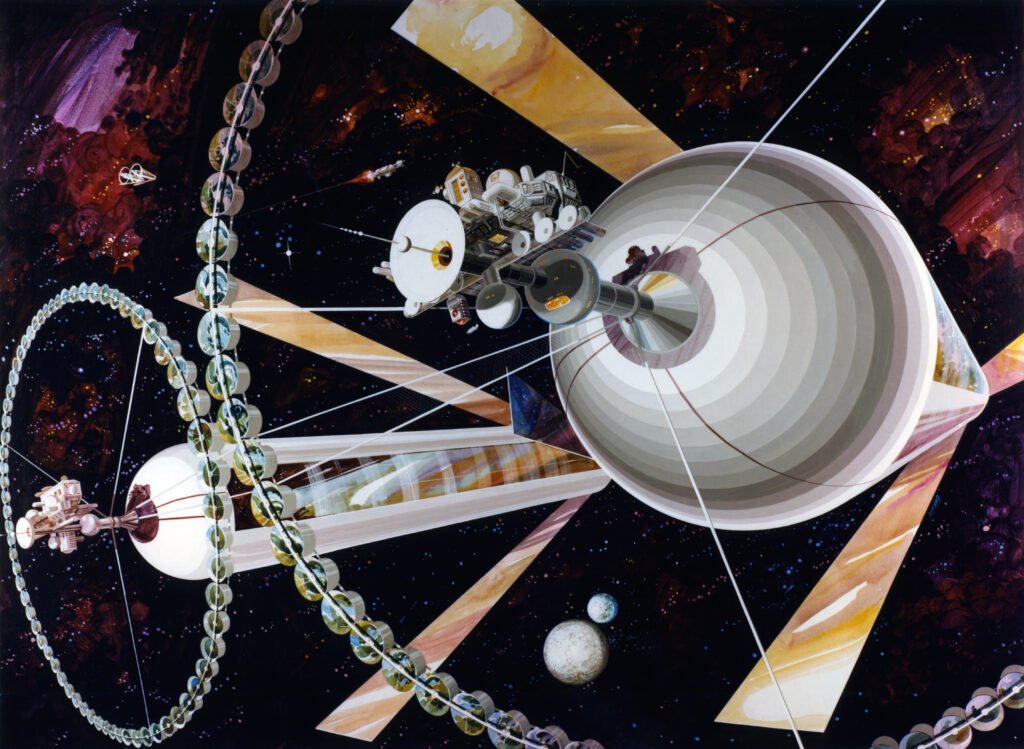Imagine waking up one morning and realizing that everything you think, feel, and experience might just be a random quirk of nature—a cosmic roll of the dice. Or, perhaps more astonishingly, what if your very sense of self, that private awareness whispering in your mind, is the result of millions of years of relentless natural selection, honed for one single purpose: survival? The mystery of consciousness is one of the most electrifying puzzles in science, philosophy, and the human experience. Is our awareness simply a byproduct, an evolutionary accident, or is it the ultimate survival tool crafted by nature itself? Let’s dive into the heart of this debate and discover what makes consciousness such an extraordinary enigma.
The Enigma of Consciousness
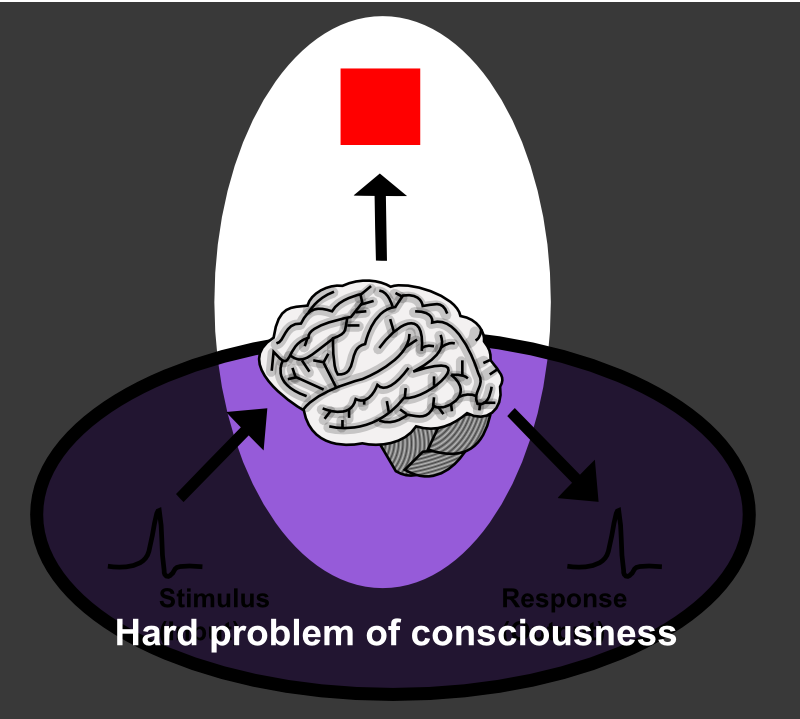
Consciousness is often described as the feeling of being awake and aware of one’s surroundings and inner thoughts. This might sound simple, but when scientists try to explain how consciousness arises, things quickly get complicated. Why do we have an inner voice? Why do we experience emotions, pain, or joy? These questions have stumped thinkers for centuries, turning consciousness into one of science’s greatest mysteries. Some call it the “hard problem” because, despite advances in neuroscience, we still don’t fully understand how physical processes in the brain create subjective experience. The mystery only deepens as we look closer.
Defining an Evolutionary Accident
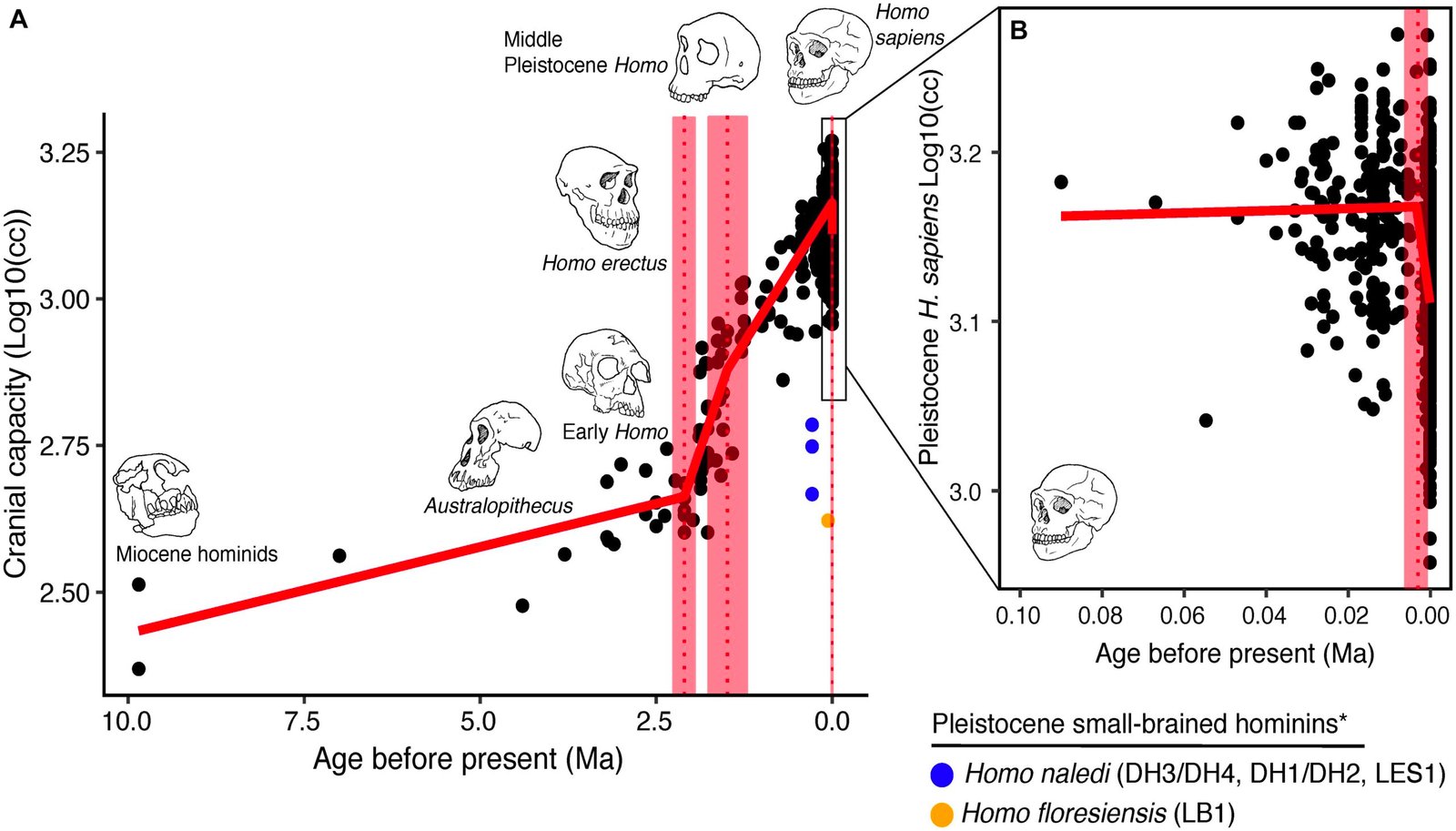
An evolutionary accident refers to a trait that appears not because it increases survival or reproduction, but simply as a side effect of other changes. In this view, consciousness might exist just because it happens to emerge from complex brains, without serving any real purpose. Imagine a rainbow forming when sunlight hits water droplets—beautiful, but not designed for anything. Some scientists argue that consciousness is like that: a dazzling, unintended result of evolution’s endless tinkering. If this is true, then our inner world may have no greater meaning in the grand scheme of life, which is a humbling and, for some, unsettling thought.
Consciousness as a Survival Tool
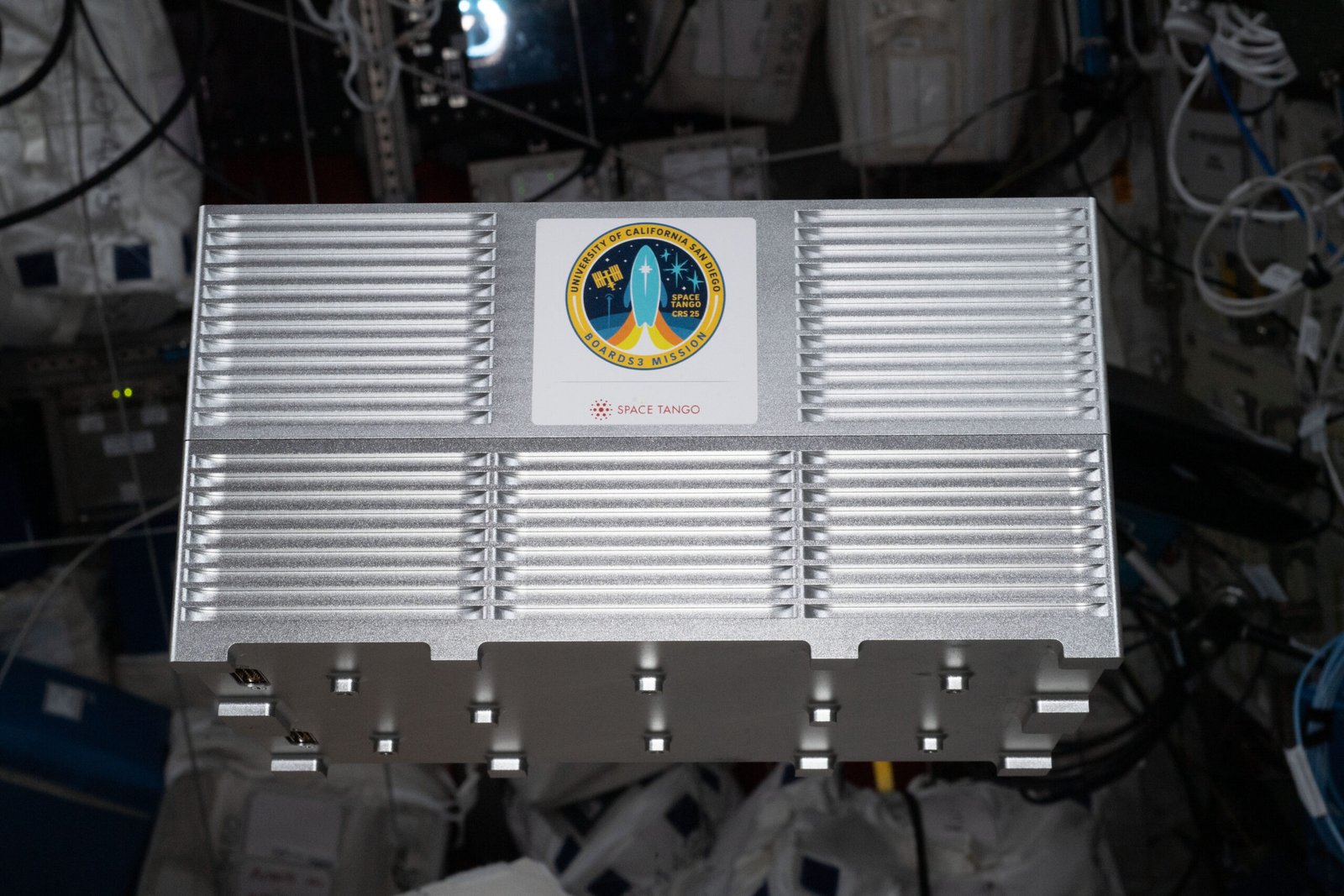
But what if consciousness isn’t an accident at all? Many researchers believe that being aware gives animals—including humans—a powerful advantage. Consciousness could help us sense danger, plan for the future, and understand others’ intentions. By reflecting on past mistakes or imagining possible outcomes, conscious minds might make smarter decisions. For example, early humans who could anticipate a predator’s next move or work together using shared goals might have been more likely to survive and pass on their genes. In this way, consciousness could be nature’s ultimate survival tool, carefully shaped by evolution.
The Social Brain Hypothesis
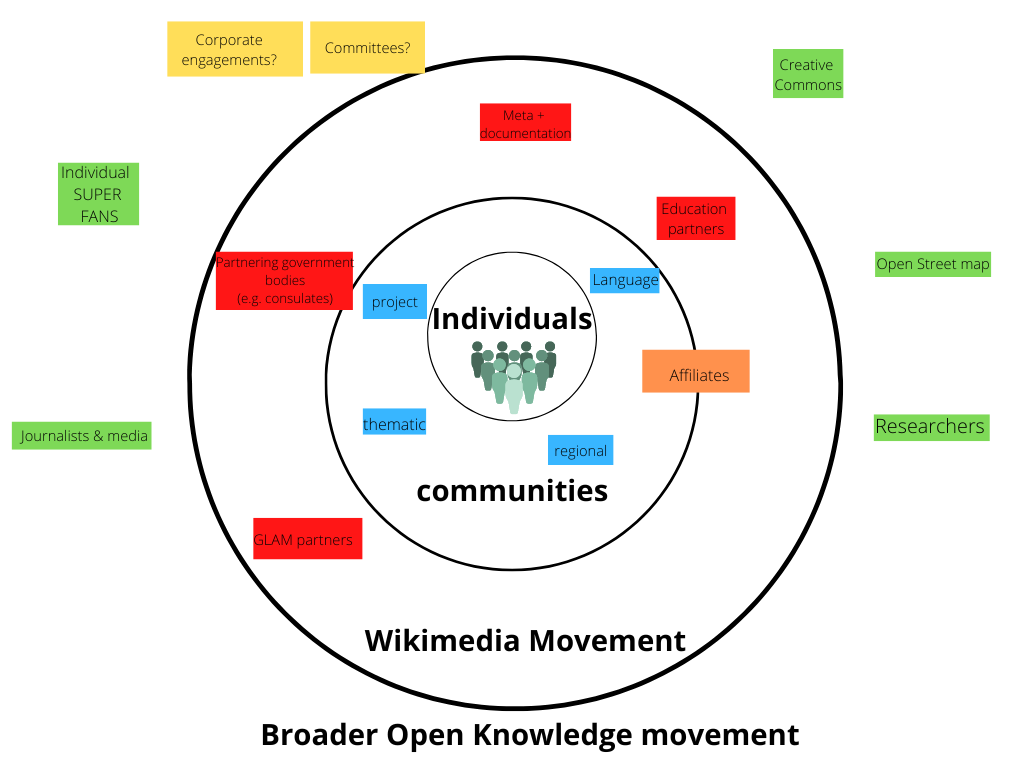
One striking idea is the social brain hypothesis, which suggests our minds evolved to handle the demands of living in groups. Consciousness might have developed so we could navigate complex social worlds—reading facial expressions, feeling empathy, or understanding right from wrong. This ability to “mind-read” could help us cooperate, avoid conflict, and form tight-knit communities. Think about how we feel embarrassment when we break a social rule or pride when we’re praised—these emotions might be consciousness at work, guiding our behavior for group survival.
Self-Awareness: A Double-Edged Sword
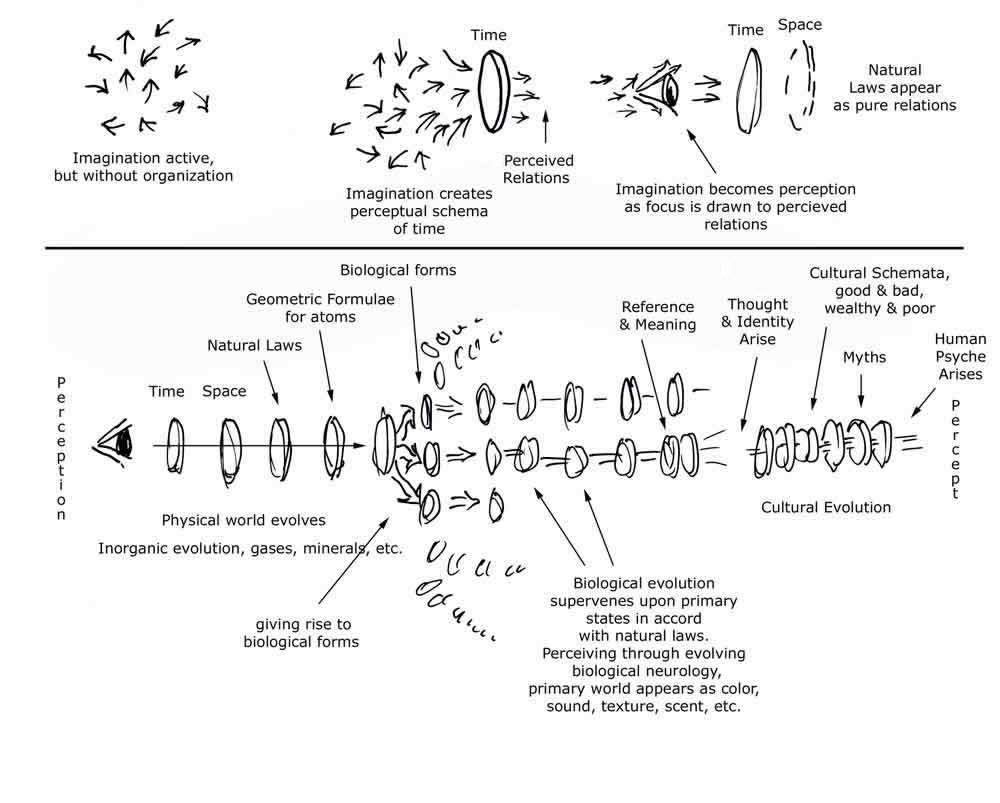
Self-awareness is a special kind of consciousness where we recognize ourselves as individuals, separate from others. This ability allows for reflection, goal-setting, and learning from the past. It’s what lets us imagine our future, dream big, or even worry about things that haven’t happened yet. But self-awareness can also bring anxiety, self-doubt, or existential dread. Some scientists wonder if this double-edged sword is the price we pay for the benefits consciousness brings. It’s a reminder that evolution doesn’t necessarily make us happy—it just makes us more likely to survive.
Consciousness in the Animal Kingdom
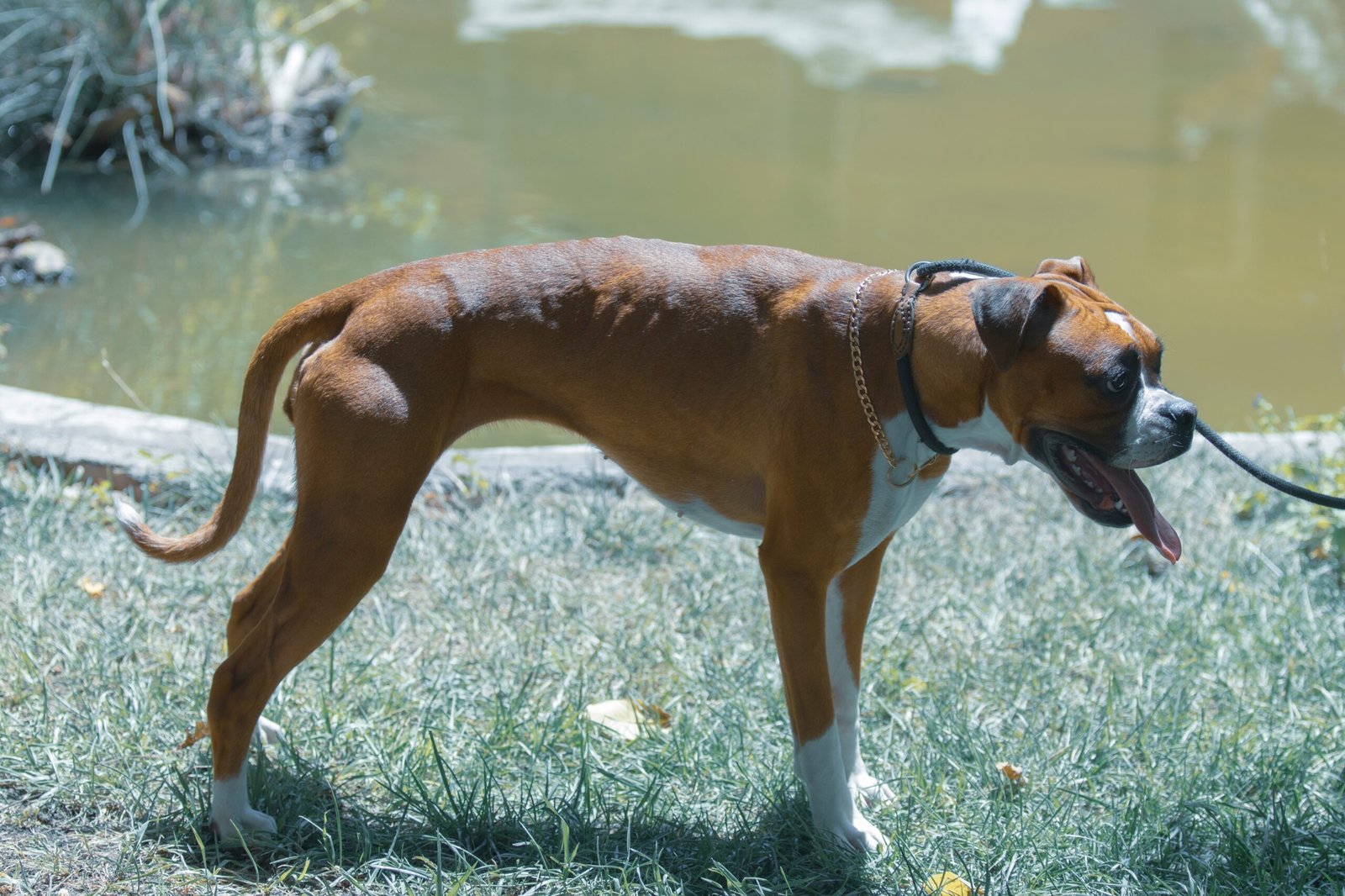
Consciousness isn’t just a human trait. There’s growing evidence that many animals—like dolphins, elephants, and some birds—show signs of awareness. For instance, elephants mourn their dead, and magpies recognize themselves in mirrors. These behaviors suggest that consciousness might have deep evolutionary roots and isn’t unique to us. If animals benefit from being conscious, perhaps it’s not an accident at all, but a widespread tool for navigating life’s challenges.
The Role of Imagination and Creativity
One of consciousness’s most remarkable gifts is imagination. The ability to picture things that don’t exist yet—like a better shelter, a clever tool, or a new way to hunt—has fueled human progress. Creativity lets us solve problems, adapt to new environments, and even create art and culture. This imaginative spark could have given our ancestors a crucial edge, helping them survive and thrive in unpredictable worlds. Consciousness, then, might be the birthplace of innovation.
Emotions: More Than Just Feelings
Emotions are a vivid part of our conscious experience. They’re not just random feelings; they often serve clear purposes. Fear warns us of danger, love bonds us to others, and anger can protect us from threats. By making us care deeply about certain things, emotions guide our choices in ways that increase our chances of survival. The richness of our emotional lives might be another sign that consciousness is finely tuned for survival, not just a happy accident.
The Puzzle of Free Will
Many people believe consciousness gives us free will—the sense that we can choose our actions. This belief shapes our laws, morals, and personal responsibility. But scientists still debate whether free will is real or just an illusion created by our conscious minds. If consciousness helps us weigh options and make decisions, even the illusion of control could be beneficial. It keeps us motivated, accountable, and engaged with life’s endless possibilities.
Looking Forward: Consciousness and the Future
The mystery of consciousness continues to inspire scientists, philosophers, and dreamers alike. As we build smarter machines and learn more about the brain, new questions emerge. Could artificial intelligence ever become conscious? Will we one day fully understand the origins of our awareness? Whatever the answer, the search for understanding consciousness pushes us to explore the very limits of what it means to be alive.
Consciousness remains one of nature’s most astonishing creations, blurring the line between accident and masterpiece. Whether it’s a lucky byproduct or evolution’s masterstroke, it shapes every moment of our existence. What do you think—are you an evolutionary fluke, or is your awareness the ultimate survival secret?



